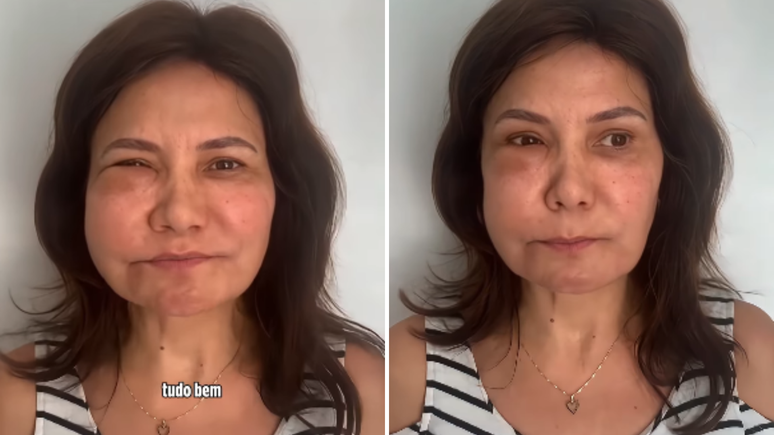Women with mother or sister who have undergone early menopause are at risk of up to ten times higher to develop the disease
Little known, but with a deep impact on the life of the women who cross it, the First menopause – also called as premature ovarian failure (Fop) – is characterized by the permanent interruption of menstruation before the age of 40, resulting from the loss of ovarian follicular activity. Both in international medical literature and in Brazilian studies they are estimated that 1-3% of women have menopause in this age group and this can have profound consequences for health, the health of bones, cardiovascular and emotional.
According to the gynecologist and the professor of the medical course at the Max Planck University Center (UNIMAX INVESCIALUBA), Dr. Marcia Santos Raia, the warning signals go beyond menstrual irregularities.
“In addition to the absence of menstruation for more than three months, it is common to observe intense heat waves, night sweats, mood changes, anxiety, memory difficulties, vaginal dryness and pain during sex,” he explains. The diagnosis can be confirmed by the laboratory tests that evaluate female hormones.
If there is a family story, exams such as the Antimüllerian hormone (AMH) can be performed to evaluate the ovarian reserve and the counting of ovarian follicles by ultrasound.
Among the causes of early menopause there are genetic factors, autoimmune diseases, exposure to toxins, surgical interventions such as the removal of ovary or uterus, some treatments for cancer and even drugs. However, most of the time the cause is not identifiable. Family history also weighs: women with a mother or sister who have undergone early menopause are at risk of up to ten times higher. There are dead habits that can anticipate the process, such as smoke, bad calcium diet and vitamin D, chronic stress and high intensity exercises.
The impact of the condition goes far beyond the interruption of fertility. Bone, cardiovascular and mental health is strongly affected. Women with early menopause are at risk of up to three times higher from the development of osteoporosis, suffer from accelerated loss of bone mass and having a greater propensity to the heart and metabolic diseases. In the emotional aspect, anxiety, sadness fall into self -esteem and difficulties in relationships are expected as impacts of this condition. “Maintaining weight control, not smoking, regularly practicing physical activity, balanced diet and stress management are some of the attitudes that can prevent or reduce the risk of early menopause. In some cases, genetic advice, family history, genetic tests and reproductive advice,” he says.
The treatment, according to the teacher, is individualized, but usually involves hormonal therapy (TH), even in women without symptoms. “It helps not only to alleviate the fogachos and vaginal dryness, but also to prevent cardiovascular and bone complications,” says Marcia. When there is contraindication, non -hormonal alternatives such as medicines, vaginal laser, lubricants, exercise and even practical Mindfulness They can help. Following -up psychological is also recommended.
For the expert, breaking the existing taboos in relation to the sexuality and body of the woman and expanding the debate is fundamental. “The early menopause is still surrounded by stigmas, such as the idea that marks the loss of femininity or that treatments is dangerous. Quality information is essential to guarantee early diagnosis, reduce prejudice and offer quality of life to women”, concludes.
Source: Terra
Ben Stock is a lifestyle journalist and author at Gossipify. He writes about topics such as health, wellness, travel, food and home decor. He provides practical advice and inspiration to improve well-being, keeps readers up to date with latest lifestyle news and trends, known for his engaging writing style, in-depth analysis and unique perspectives.







